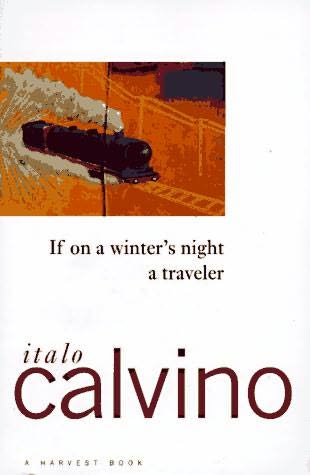We had a presentation about The Lottery in Babylon. This story was about a society in Babylon where the lottery was used for rewards than later it became used for punishments. 1 out of 30 who played the lottery will receive an lucky rewards those who didn’t participate would be made fun of. “The company” governed the lottery. The winners would decide to make the lottery more difficult and add more losers. “the company” over time came to run Babylon due to the amount of people who use the lottery. It later became so secretive that people did not know whether or not people won rewards or punishments. The presenter gave out a dollar to every question answered correctly today, each winner took part in the lottery and picked a number and the winner kept all the dollars. One person kept all the dollars, therefore showing the ratio of winner to losers.
When Borges wrote Babylon, the world was not in a good place, 1941. Borges is fond of probability, it is a recurring theme in his stories. Leibniz, concept of gold, he was a watchmaker. He decided this was the best of both worlds. Everything will eventually be good because god is good. Borges places the blame on the citizens of Babylon. Looking at 1941, the Spanish civil war was a war against their own people as well as what was going on in Germany.
Discussion of Pierre Menard, author of the Quixote. A fictional author trying to be faithful of The Quixote. Borges in all his works assumes that the reader already understands everything being written. The first paragraph criticizes Menard. Borges blurs the genres of short story and criticism. Menard is seized by the desire to not copy Cervantes. Borges once again was discussing something fictional because Menard was fictional. Literary history is very shaky, no one can know for sure what really happens because what is written is not always the truth.
We then discussed the Garden of Forking Paths. In House of Leaves there was a note that said “the labyrinth is the book”. It comes from this work. The story questioned where the labyrinth was from. What the book looked like was the labyrinth rather than the plot level replicating a labyrinth in House of Leaves. The story holds the idea of parallel time, time travel. The idea that the paths you take will define your future. The garden of forking paths, in the end, is actually the book. The book tries to determine how everything will turn out.





No comments:
Post a Comment